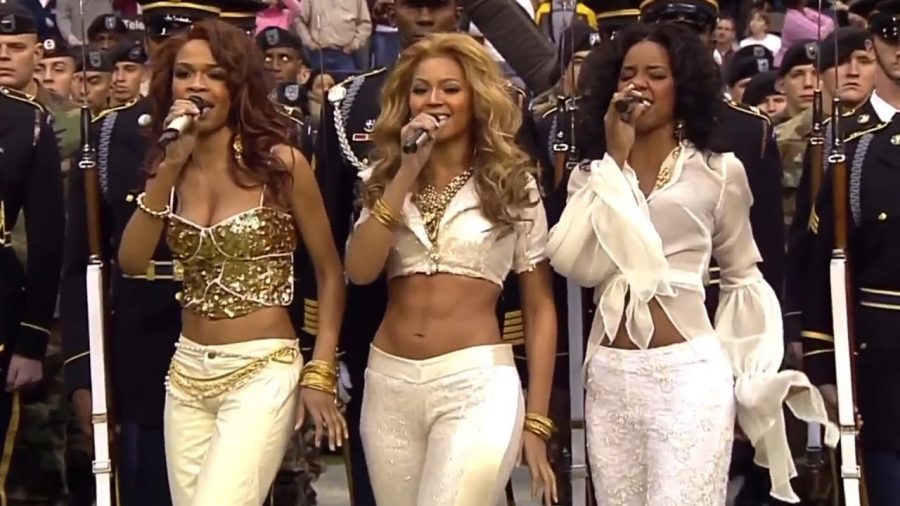 At the young age of 12, I sported braces, a slick center part and round cheeks that widened when I smiled. My wardrobe was making the transition from Limited Too to Abercrombie, and the closest I came to wearing make up was my wide variety of Lip Smackers. I experienced the occasional moment of wondering if my baby fat would ever disappear or if the one tiny zit I had on my forehead would lead to years of skin problems.
At the young age of 12, I sported braces, a slick center part and round cheeks that widened when I smiled. My wardrobe was making the transition from Limited Too to Abercrombie, and the closest I came to wearing make up was my wide variety of Lip Smackers. I experienced the occasional moment of wondering if my baby fat would ever disappear or if the one tiny zit I had on my forehead would lead to years of skin problems.
These conversations were typically between me and the mirror or with my girlfriends. My so-called awkward phase was documented only through family pictures and small albums I made from disposable cameras. I had no way of broadcasting my insecurities worldwide so that everyone could join the conversation, nor did I want to.
Recently, preteen YouTube users completely changed the way young girls build their self-image. Thousands of girls between 9 and 14 have uploaded videos titled “Am I pretty or ugly?” The videos range from 30 seconds to 10 minutes, but contain the same message: girls want viewers to either confirm or deny their fears of “being ugly.” Often, they explain that they felt pretty until classmates said they were ugly. Now, they want the Internet to tell them the truth.
This trend is horrifying; it is disheartening; it is a startling wake up call to how social media forms our self-image. These girls are vulnerable and easily influenced, a lethal combination that YouTube users do not take into account when commenting on the videos. Responses range from “you’re so beautiful” to “you are a hideous witch” to sexual comments that I wouldn’t dare to quote.
One could argue that the girls voluntarily expose themselves to criticism. Very few 9- to 14-year-olds have the self-esteem to ignore these comments, especially those who feel the need to post a video about their looks. The “awkward stage” is one in which many preteens seek approval. This may come as positive comments on a YouTube video, dozens of likes on a Facebook picture, or many followers on Twitter.
When I was in middle school it meant nothing more than a pep talk in front of the mirror and the occasional compliment from my sixth-grade crush. The thought of growing up in a period when thousands of people are willing to directly criticize the looks of vulnerable young girls is terrifying.
Nearly every preteen goes through this period of insecurity. The difference today is that the world is watching.
In 2013, there are countless outlets in which young girls are at the mercy of Internet users. What is most upsetting is not just that these girls feel the need to seek the approval of others, but that there are people actually willing to offer feedback. Moreover, that feedback is essentially anonymous, hiding behind keyboards and usernames.
Everyone goes through the awkward stage. We fumble over braces, the start of puberty, oily skin and much more. Looking back, we may laugh at our dorky smiles and wardrobe choices, but there was undoubtedly insecurity and agony involved. Take that experience, publicize it in front of thousands and you will have a generation defined by vulnerability.




